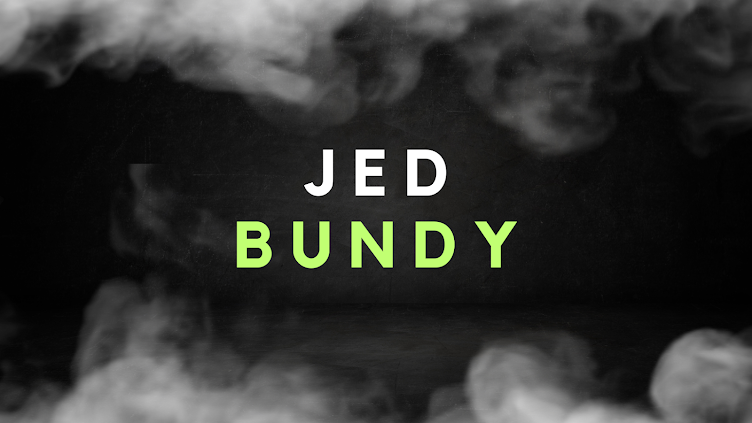Exploring the Horrifying Elegance of "Candyman" (1992)
In the realm of horror cinema, certain films stand out as timeless classics that have left an indelible mark on the genre. One such iconic movie is "Candyman," released in 1992 and directed by Bernard Rose. Adapted from Clive Barker's short story "The Forbidden," this film not only terrified audiences with its chilling narrative but also offered a thought-provoking exploration of urban legends, race, and the supernatural.
Set against the gritty backdrop of Chicago's Cabrini-Green housing projects, "Candyman" follows the story of Helen Lyle, a graduate student researching urban legends. Helen becomes intrigued by the myth of Candyman, a malevolent spirit with a hook for a hand, who is said to be summoned by saying his name five times in front of a mirror. As Helen delves deeper into the legend, she discovers a complex and horrifying connection between the supernatural entity and the real-world social issues plaguing the Cabrini-Green community.
One of the strengths of "Candyman" lies in its exploration of urban legends and the power they hold over communities. The film takes the classic Bloody Mary trope and transforms it into a nightmarish tale that blurs the lines between myth and reality. The Candyman, portrayed by Tony Todd, becomes a symbol of fear and injustice, haunting the impoverished Cabrini-Green neighborhood.
The setting of Cabrini-Green provides a poignant backdrop for the film's social commentary. The stark contrast between the decaying high-rises and the privileged world of academia highlights the economic disparities that persist in society. "Candyman" deftly weaves issues of race and class into its narrative, shedding light on the systemic injustices faced by marginalized communities.
Tony Todd's portrayal of the Candyman is nothing short of legendary. With his deep voice and imposing presence, Todd brings a mesmerizing and terrifying quality to the character. The Candyman is not just a typical slasher villain; he is a tragic figure, a victim of historical injustice seeking vengeance. Todd's performance elevates the film beyond mere scares, adding a layer of complexity to the supernatural antagonist.
Director Bernard Rose deserves credit for creating a visually stunning and atmospheric film. Rose masterfully blends psychological horror with a haunting score, creating an unsettling ambiance that lingers long after the credits roll. The use of mirrors as a recurring motif adds a symbolic layer to the narrative, reflecting the characters' fears and the dark history of Cabrini-Green.
"Candyman" has left an enduring legacy in the horror genre, influencing subsequent filmmakers and earning a dedicated fan base. Its impact is evident in the recent 2021 sequel, which continues the story while paying homage to the original. The film's ability to blend supernatural horror with social commentary ensures its place in the pantheon of horror classics.
"Candyman" (1992) stands as a testament to the power of horror to transcend mere scares and delve into the complexities of society. Its exploration of urban legends, socioeconomic issues, and a haunting performance by Tony Todd have solidified its status as a timeless classic. As we continue to revisit the horrors of Cabrini-Green, "Candyman" remains a chilling and thought-provoking journey into the dark corners of urban folklore.

